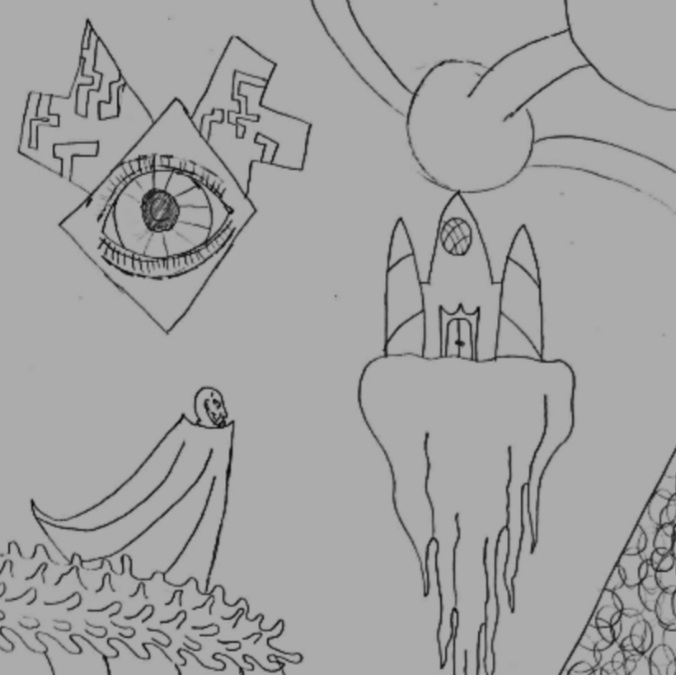The MCU Comes to IWU
A Dream Come True
Over the last fifteen years, few film series have been as impactful as the Marvel Cinematic Universe. Across over two dozen films and a variety of television series, Marvel Studios has crafted an interconnected tapestry of characters and stories on a scale never before seen in cinema (with the loosely connected Universal monster movies of the thirties through fifties being the only thing which even comes close).
The impact of these films on western culture has certainly been sizable, and with the completion of the Infinity Saga in 2019, there has arguably never been a better time to explore and analyze these stories - which is precisely what one recent Indiana Wesleyan University class did.
Throughout the fall semester of 2023, IWU's Division of Modern Language, Literature, and Communication ran a course entitled The Marvel Universe and Modern Mythology. This course focused specifically on Marvel's Infinity Saga and was designed intentionally by Dr. Nathan Fayard to study the films through a literary lens.
The Origin of the Course
Dr. Fayard has wanted to teach a comics course for almost as long as he's been in education. He's always loved superheroes and since part of his reason for going into teaching in the first place was a desire to share the things he loves with others, the concept that his love for superhero media could one day have a place inside the classroom is something which has sat in the back of his mind for quite some time.
As a result, when Marvel Studios began to create an interconnected universe of films centered on characters such as Captain America, the Incredible Hulk, Thor, and Iron Man, the manner in which such a class could potentially happen began to become clear.
Complexity in the Marvel Cinematic Universe
One especially notable element of the MCU which the course covered was its use of mythic character archetypes. The concept of archetypes itself refers to general character concepts which recur across stories, cultures, and time periods. Some notable examples being the mentor figure (Yondu in the Guardians films, Hank Pym in Ant-Man, etc) and the magician (such as Doctor Strange and Scarlet Witch throughout their appearances). Non-Marvel examples of these characters can be seen in Chiron from Greek mythology and Merlin from the Arthurian mythos.
The MCU is full of connections to many mythic characters. Archetypes reside within every film and arguably almost every one of the characters embodies at least one - if not more, sometimes. From the start of the MCU, the ways in which it has connected to culture, myths, and heroic ideals have had nuance and complexity to them. Even so, Dr. Fayard has discovered most people tend to enjoy the movies without discovering or considering these elements. As a result, helping students to notice and analyze these deeper narrative elements was just one of his goals for the course.
Getting the Course Approved
"The process for approval was extremely easy," Dr. Fayard said, "I was tremendously and wonderfully supported and got nothing but enthusiasm."
Dr. Fayard believes the shifting place of pop culture in academic discourse has been a big contributing factor to not just the existence of this course but the excitement it immediately produced. The fact pop culture has slowly been recognized as a worthwhile perspective on society and the overarching trends in culture means it can now exist in an academic context. Indeed, the concept of a college class dedicated to comics is something which is only possible due to shifting views on pop culture.
"It would have been a much harder sell twenty years ago," Dr. Fayard noted.
Why the Marvel Movies?
While DC has always been Dr. Fayard's first love, the strength of the MCU's first three phases and the ways in which everything from the original 2008 Iron Man through 2019's Avengers: Endgame form a cohesive overarching story made the decision to center the class around the MCU specifically an obvious choice.
While he does want to do a course about comics as literature eventually, the Marvel films being so popular meant this was the perfect time for a college program like this.
"Marvel is more timely," Dr. Fayard noted. "It's a clean, refined, cohesive thing and people have investment in it."
Faculty Reactions
Dr. Fayard found the faculty within the MLLC division were all very supportive - indeed, some even moved around schedules so he could teach the class. While not very many of the faculty in other divisions were aware of it, those who were aware also showed considerable support. In fact, one professor even sat in on the class during its discussion of Black Panther due to his expertise in the field of African history and culture, adding his own insights to the discussion.
"Some had questions about how I would even teach this kind of class, and reasonably so," Dr. Fayard said, "but even then, all it took was a brief explanation for them to be onboard with it."
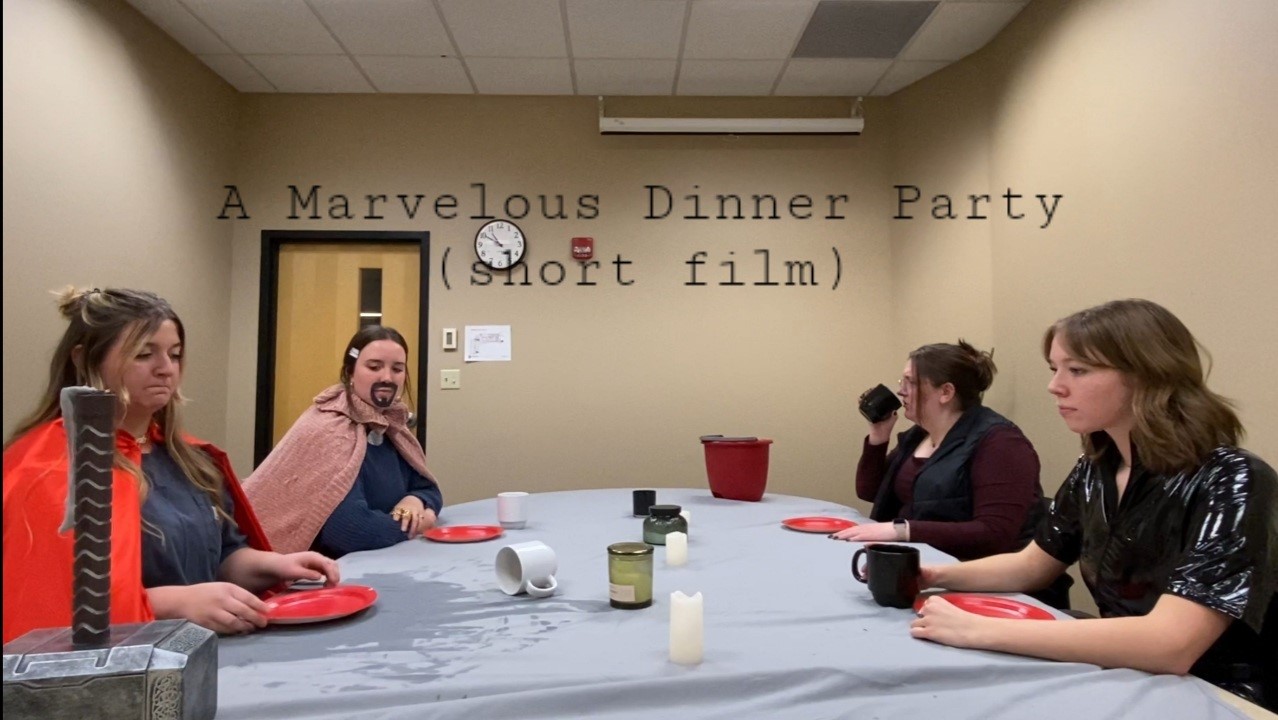
Assembling the Elements of the Class
When planning this class, there were three elements which were especially important for Dr. Fayard to include. First, the archetypal nature of superhero stories and the ways in which we tell the same stories repeatedly across time and culture.
"One of the fascinating things is how well they line up with the stories we've been telling over time. You look at the first Iron Man and it lines up surprisingly well with the story of Gilgamesh," he said.
It was important for him to show the Marvel stories are not a modern invention, but simply the most recent versions of stories we've been telling across different cultures and time periods. The works of Joseph Campbell proved especially useful with this discussion of archetypes.
Second, Dr. Fayard wanted to highlight the ways the Marvel Cinematic Universe connects to both Christian ideals and mythology. He argued that either human existence is repetitive to a ridiculous degree, or there's something behind it with which we're trying to connect and we tell the same kinds of stories as an attempt to get at what we're missing.
"It's us trying to tell God's story and telling it poorly and in broken ways," he noted.
In this way the class could contribute not simply to students' understanding of literature, culture, and archetypes, but also to their individual faith-walks by showing the ways in which all stories reflect not simply the human psyche or even the human condition, but indeed the very nature of our reality and relationships with our creator. Through an emphasis on fiction's love of saviors, redemptive themes, and more, the class was able to highlight the ways in which all stories, including Marvel's, are reflections of the Christian story.
Finally, Dr. Fayard wanted to emphasize the ways in which the Marvel Cinematic Universe interacts with and reflects modern culture, citing the changes in Tony Stark's origin from the comics to the films and the addition of Black Widow to the initial Avengers team as prime examples. In the former case, Stark's origin was changed from a piece of Vietnam War propaganda showing the power of our technology to a more nuanced story about America's involvement in the Middle East which presents a critique of the military industrial complex. In the latter case, the decision to add Black Widow helps to give the team an important female character and one who stands fully on her own next to the other heroes - as opposed to a character like the Wasp (the comic team's first female member) who is directly connected to and somewhat reliant upon Ant-Man.
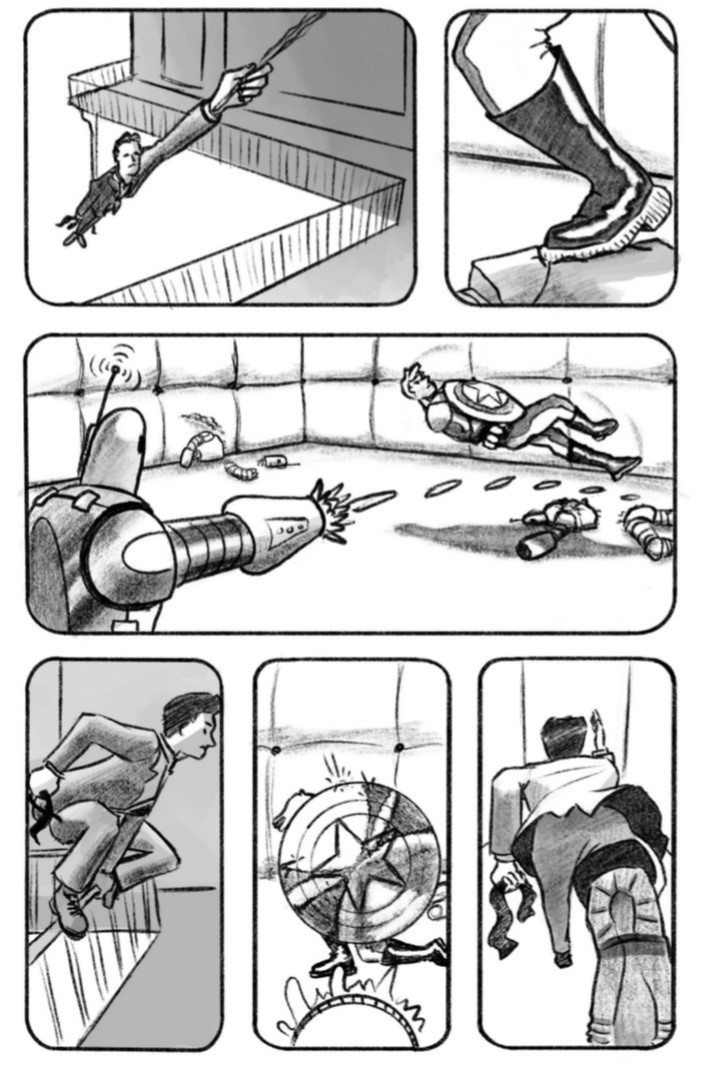
Curating the Course
Dr. Fayard found the class fascinating to prepare for and spent a sizable amount of time working to determine what should and shouldn't be included on the literature side of things - from the comics themselves to the supplemental texts.
Additionally, while it was a pleasure to watch back through all of the films with an analytical lens for the purposes of being able to teach them, it was also a challenge as it required breaking them down in teachable ways and determining which ones should and shouldn't be included.
"Initially I thought I could just include all of the Infinity Saga movies, but it quickly became apparent that I would have to cut several," Fayard explained. While not as strong of a movie as many of the others, having to cut Captain Marvel was something he found unfortunate if for no other reason than because it was the only movie in the initial three phases to be centered on a female character.
Spider-Man: Homecoming also had to be cut, as did a small handful of other films. Some films, such as Ant-Man and Guardians of the Galaxy Vol 2, were right on the cusp of being cut but remained.
The Highs of the Class
In terms of student involvement, Dr. Fayard found that generally the students did a good job, noting the quality of the work was oftentimes high even though many students hadn't taken a literary class before.
The ways in which different students managed to find connections between elements of the films, comics, and other supplemental texts were impressive and some of them were ones he hadn't even made. Every film had engaging discussions around it - from Captain America: Civil War to Thor: The Dark World.
"They'd have readings [of the text] I hadn't expected and made connections I didn't see... If you're teaching right, you're learning from your students, too," Fayard said.
The Lows of the Class
Even so, there were still some less-than-ideal elements to student involvement in the class. "In class I was often surprised at the silence I'd meet," Fayard explained, "I often didn't know how it was going. The majors would often but not always chip in with great stuff, but a lot of the class was pretty quiet a lot of the time."
This led to Dr. Fayard being concerned at times about whether he was properly reaching and engaging students, but about halfway through the semester some of the quieter students began opening up outside of class about all of the connections they had made and how much they loved the course, which was reassuring.
During the evaluations at the end of the course, Dr. Fayard was pleased to find the course feedback comments were universally positive and even the quietest students attested to having loved the class.

Student Work
Dr. Fayard happily noted that by the end of the class all students were writing cogent, thoughtful, and well-crafted responses.
Even the aforementioned quiet students would oftentimes make fascinating and insightful connections in their responses, although he did note he oftentimes wished they would have shared their insights in the classroom so the entire class could benefit from them.
"I would often take elements students had talked about in their responses and bring them back to our discussions," he also noted.
When referring to the end-of-course papers students wrote, he said, "This class produced at least half a dozen essays that I thought could be conference papers and a couple I thought might make journal articles... Many made pieces I thought would enrich the national discussion of these films."
The Creative Projects
His favorite student work, however, was the creative assignment. These creative projects ranged from comics to hammers and shields which combined Ancient Greek myth with Marvel media to infinity stone wind chimes and more.
“One student created a song with different instruments, each one representing a different hero in the Avengers, and it was lovely and really inventive and interesting... Seeing how they absorbed the lessons of the course and then turned them into such creative and original pieces was really inspiring and fun."

Changes for Next Time
Having now finished the course, Dr. Fayard said, "I'll definitely tweak it. I was very surprised at the end that people were so positive because there were a lot of things I would change in the future."
One particular supplemental text stood out as a challenge for students: Joseph Campbell's The Hero of a Thousand Faces. This text dealt primarily with Jungian archetypes, recurrent patterns over human behavior and stories, the collective unconscious, and which has heavily influenced a variety of authors and works since its creation.
While the influence of the work is still monumental, some of its analytical psychology, reliance upon stories from different cultures with little scaffolding, use of Jung's archetypes, use of the mother archetype, and stilted prose led it to be a highly useful but also highly challenging text.
“I think our second or third day, it was clear no one had read it... I had to spend the entire session explaining it," Fayard noted. Thankfully, however, this proved to be an aberration and while the text remained challenging, students were able to acclimate to it and began to find things they could apply to the main works.
He also noted, “I think I need to stagger and reduce some of the comics readings, it was probably a little too much at a couple of points." He also added, “the trouble is there's never enough time.”
The Biggest Takeaway
Looking back on the class, Dr. Fayard noted his biggest takeaway was a new appreciation for the overarching story and themes of the MCU.
"I knew that, collectively, the films created this grand narrative that set a new precedent in our culture, but sitting down and watching it for this class... gave me a new appreciation for how well-crafted and insightful it is into our culture - there are strong themes of individualism, our respect for underdogs, how it celebrated found family… these positive and negative treatments of our culture and who we are and who we want to be.”
The Future of the Course in a Shifting Media Landscape
When asked about the recent decline in the popularity of superhero movies and comics and the ways in which this could potentially impact the course in the future, Dr. Fayard agreed the flaws in the recent projects are certainly apparent. Projects such as Black Panther: Wakanda Forever and Shang Chi: Legend of the Ten Rings have served as the bright spots amidst more troubled projects like Doctor Strange: Multiverse of Madness and Thor: Love and Thunder.
Even so, Dr. Fayard was confident the Infinity Saga itself would still retain its magic and nostalgia, and while the interest might not be so overwhelmingly large after a while, the value of the course would remain. Good stories are still good regardless of how popular they are, as the best works of literature transcend a specific time or moment by connecting not just to timely concepts or notions, but instead by connecting to some fundamental part of the human condition.
The Marvel Class Will Return...
Dr. Fayard said the next time students could expect the class to run would be fall 2025 at earliest. "It's very much up in the air," he began. "I would love to run it next year, but we have things we need to cover and it's unlikely to run until at least two years out." Laughing, he added, "If current students want a shot at it they'll need to petition for it." You can explore all the literature classes IWU has to offer here.
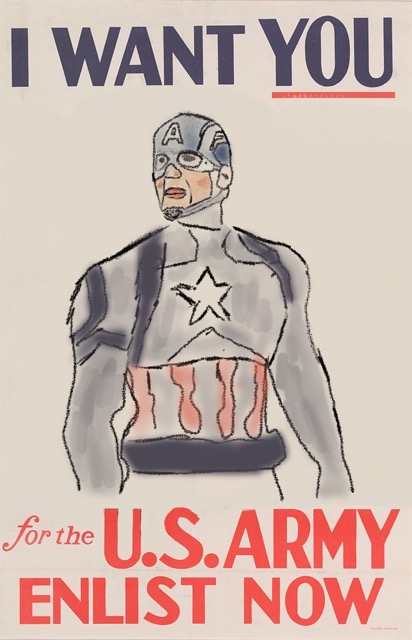
Beyond Marvel Studios
Dr. Fayard said he would like to run a course focused on comics in a broader sense - not simply Marvel, but also DC and beyond - dealing with the medium as a whole. However, he also noted this class would still be a few years away.
"More lit courses and enrollment in general might help," he noted, "but there are many hurdles." Fantasy and sci-fi classes are also planned for some point in the future, with the biggest question not being if they will happen but rather when they will happen.
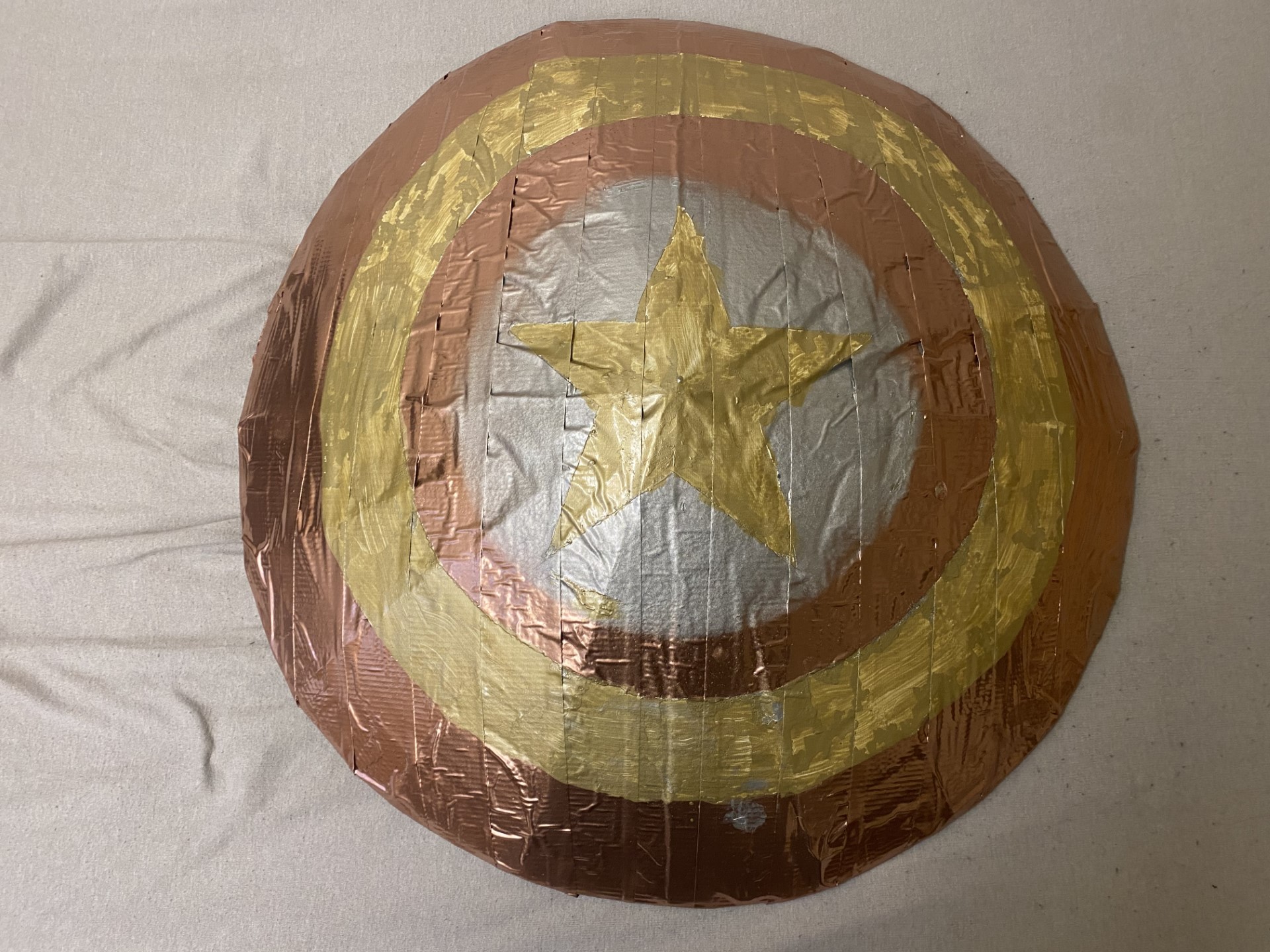
Dr. Fayard's Favorite and Least Favorite MCU Films
When asked about his favorite of the Marvel films, Dr. Fayard answered, “Objectively the best is probably Captain America: Winter Soldier with Avengers: Infinity War and [the original 2012] Avengers as close seconds... The original Iron Man is also extremely good."
On the opposite side of things, he said, "Thor: Ragnarok is very entertaining [but] I hate Thor: Ragnarok because Thor's my favorite and that's not Thor. But Iron Man 3 is arguably worse... Iron Man 2 is an absolute mess, but Iron Man 3 is less true to the character." Even so, he also noted, "the remarkable thing, though, is that even the lows are pretty watchable.”
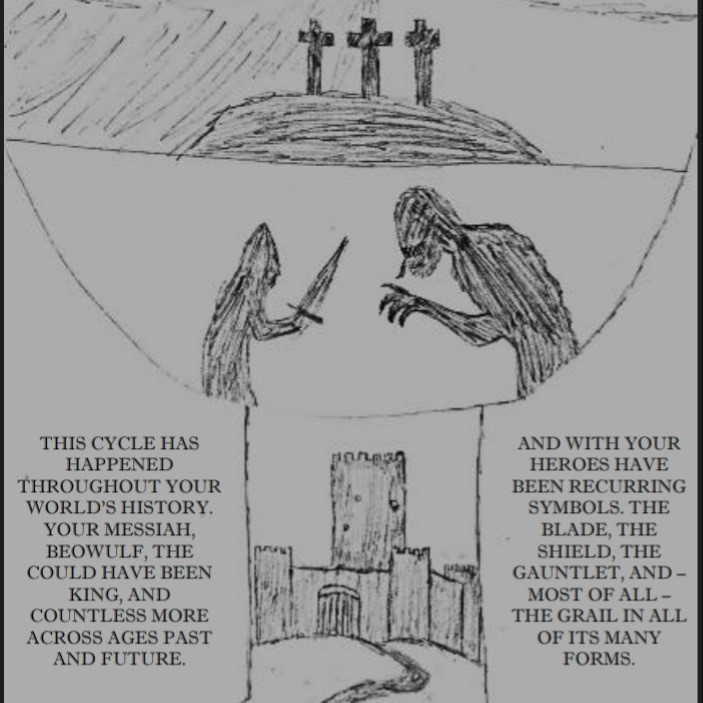
Dr. Fayard's Comic Recommendations
When asked about what comics he would recommend to someone unfamiliar with the medium, Dr. Fayard said, “For kids, the Batman Adventures and Marvel Adventures are both great, standalone series that tell good, solid stories. The characters are the classic interpretations without the baggage…"
For adults, he suggested, "if you want an introduction to comics that's a good place to start, accessible, and isn't going to talk down to you, one of the best places to start is Marvels by Kurt Busiek and Alex Ross… It takes the Marvel comics history and puts them against the context of the real-life history they were made during."
On the DC side of things, he suggested the series which consists of Superman: Peace on Earth, Batman: War on Crime, Shazam: Power of Hope, and Wonder Woman: Spirit of Truth due to the way this set of stories similarly deals with the DC universe's heroes in an artistic and thoughtful manner. Dr. Fayard also reiterated that he loves sharing the media he enjoys with others and that he's "always open to giving more recommendations!"
